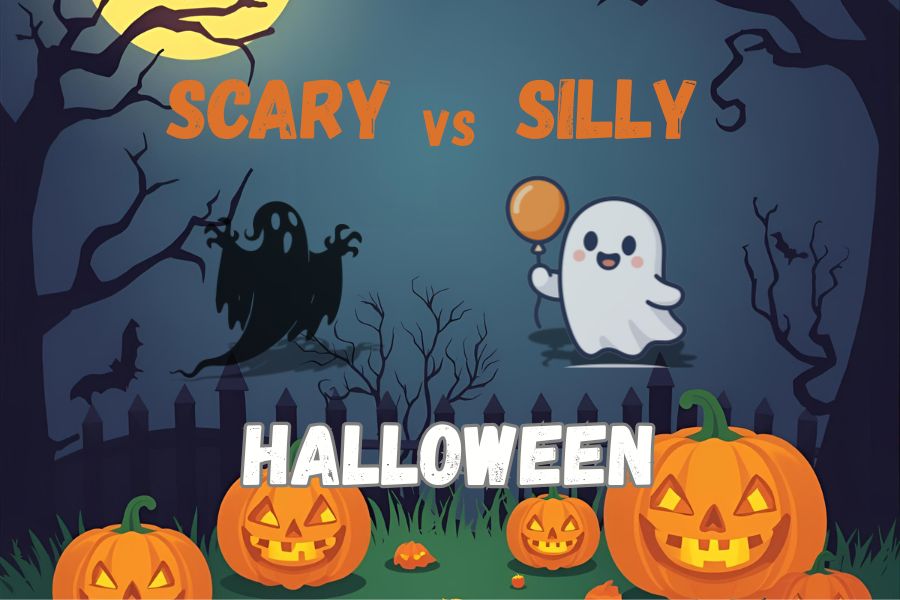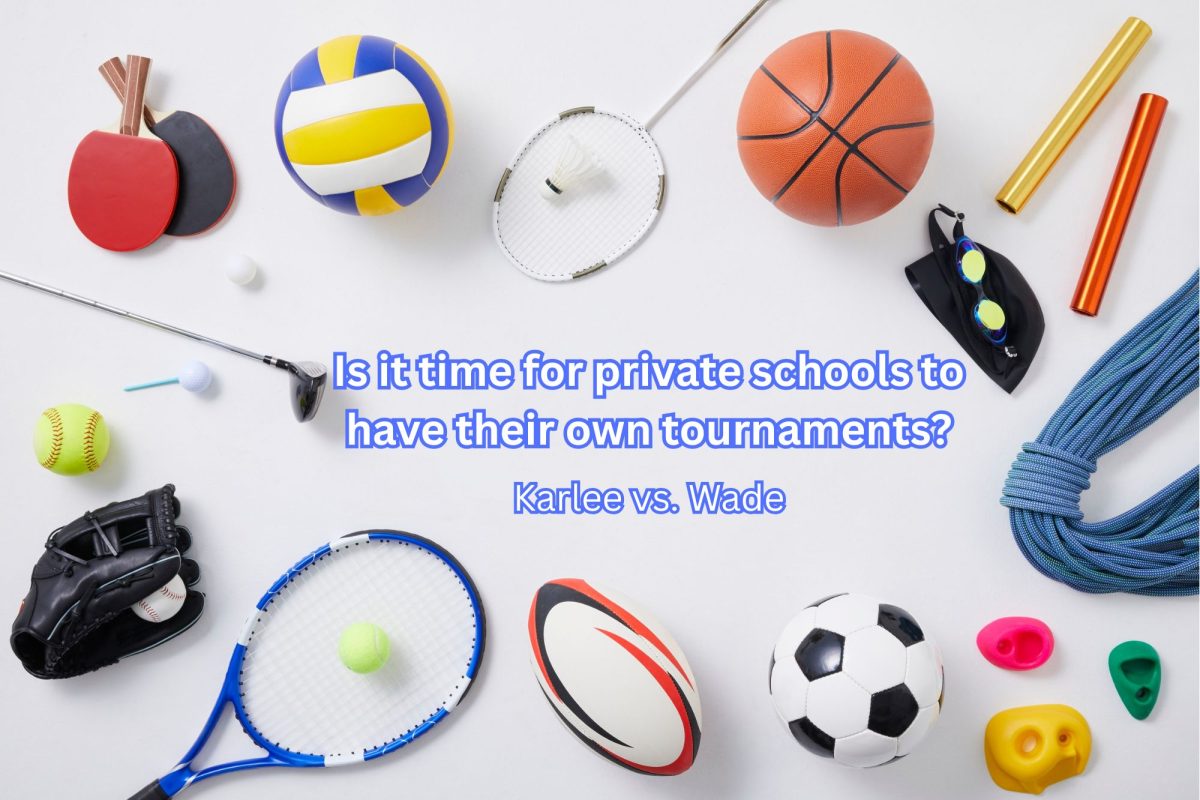
To judge a student, let alone an entire school, on one test, on one day of the year, is outrageous.
While many standardized tests have been the cornerstone of American education, intended to assess student knowledge and abilities, the effectiveness of these tests is controversial.
Often, standardized tests concentrate on a narrow range of abilities like math and reading. They fail to capture other important skills, like creativity and critical thinking abilities.
Standardized testing can lead students to just focus on memorization, rather than learning at their full potential.
The high stakes of these tests may also skew traditionally “smart” students’ results. Many tests often induce stress and anxiety, which affect their performance.
High scores on standardized tests don’t always reflect a student’s actual knowledge or understanding. Students can easily excel just by familiarity with the test format.
Many students may not have a grasp on the actual knowledge on the test, but can simply know how to test well. For example, there are many times where students have a clear understanding of a subject, but aren’t as skilled at taking multiple choice tests.
Standardized tests overlook other important areas such as problem-solving, collaboration, and emotional intelligence. Some students may be more successful in collaborative environments as opposed to the pressure of a timed test.
For example, an excellent writer could struggle with picking out the right answer in a multiple choice grammar and punctuation test. Yet that same student could excel at composing well-thought out, logical essays about the literature they read.
Each student is different and these tests dismiss individual learning styles.
A student’s standardized test score should not carry so much weight when it comes to college applications. Nor should a school be penalized by the state when scores don’t reach a certain level.
Clearly, these tests fail to provide a complete picture of true academic abilities.
—








